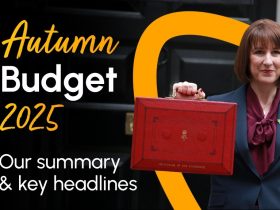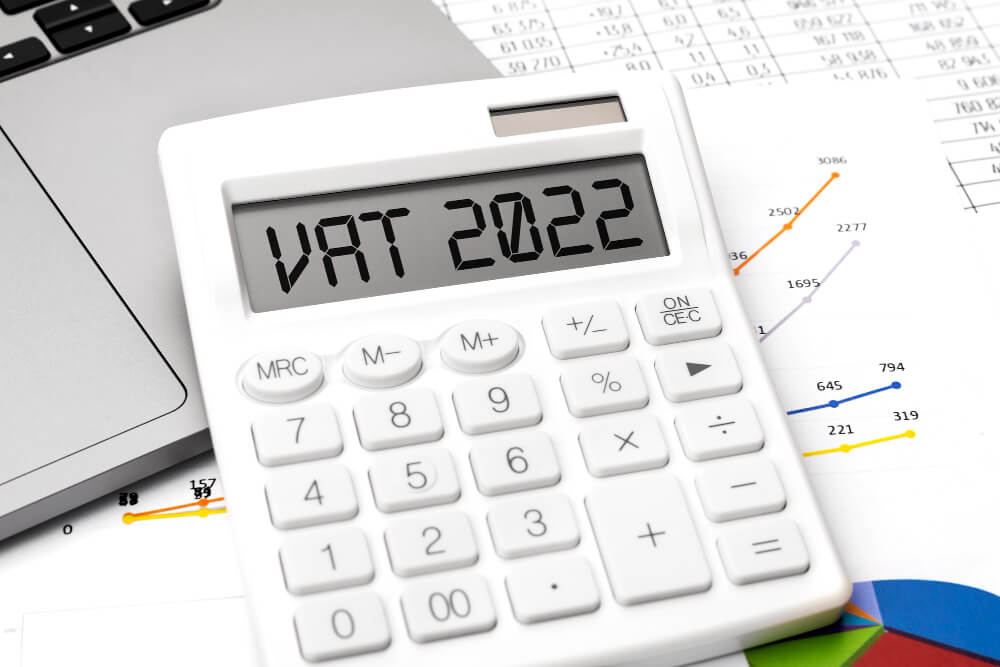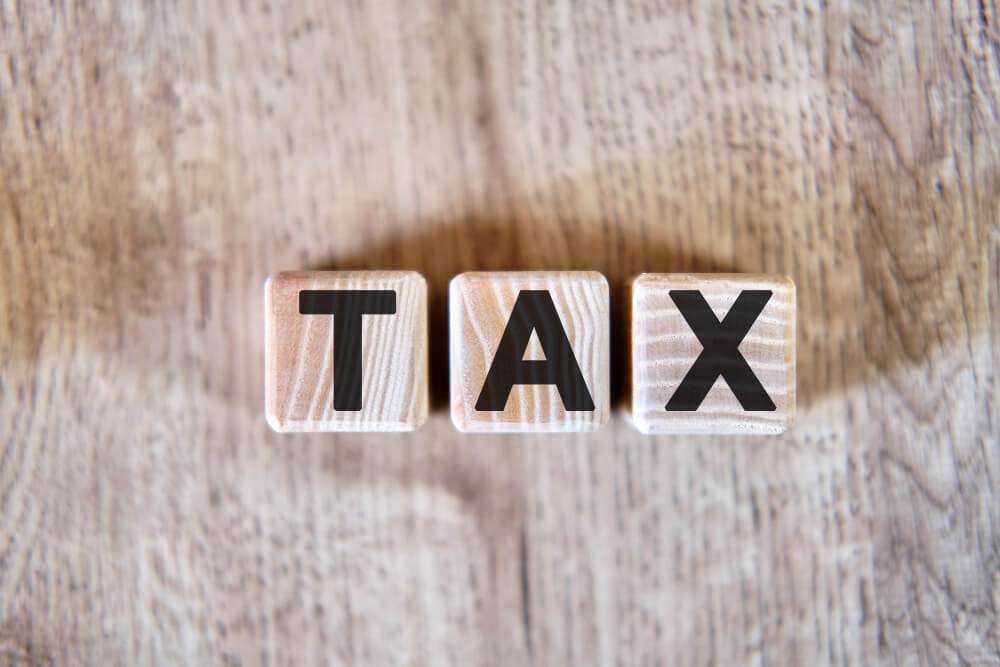Do you pay more tax than required? Can you pay less tax on your UK income and savings?

Both questions have a likely “yes” answer. Most of us don’t utilise all our tax breaks and exemptions. The single largest expense you’ll ever incur is probably taxes. The simplest method to stretch your pound further is to lower your tax liability.
With the top income tax rate at 45%, making even minor adjustments to your tax situation will help you save a lot of money. In this blog, let’s check effective ways to make a tax free salary in the UK.
Table of Content
11 Effective ways of tax free salary in UK
1. Ensure your tax code is correct
Your tax code outlines how much tax should be taken out of your paycheck by your employer. Your personal allowance for the year, which is the amount of income you are permitted to earn without paying income tax, is shown by the number in simple tax codes. Any earnings above your personal allowance are subject to income tax.

For instance, the default code for the personal allowance of £12,570 that most taxpayers would receive in the 2022–23 tax year is 1257L. Thus, the number in the tax code displays the personal allowance amount with the final zero dropped.
So, you should be aware if your tax code is lower – for instance, 1257 would mean your Personal Allowance was only £12,570. If you aren’t getting any taxable benefits in kind, then your personal allowance may be too low, and you might be paying too much tax.
Suppose your tax code is higher than 1257, then it indicates a greater personal allowance being permitted before you are charged income tax on your remaining earnings. If this is incorrect, you will be surprised when you’re informed you haven’t paid enough tax at the end of the year.
2. Make the most of your ISA allowance
The ISA allowance is one of the UK government’s most generous tax benefits. You may contribute up to £20,000 every tax year to a Stocks and Shares ISA if you are over 18 and a resident of the UK.
Your money is then sheltered from UK income and capital gains tax. You won’t be liable for capital gains tax when you sell your investments if their value increases. You won’t be required to pay UK income tax on any income from your ISA investments. This could be especially useful if you’re likely going to be impacted by the upcoming dividend tax hike.
3. Minimise capital gains tax on RSUs
Some workers get shares in the business they work for, known as Restricted Stock Units (RSUs). You might have to pay capital gains tax if you keep holding onto these shares.
You can reduce your capital gains tax on RSUs in one of two ways:
4. Immediate sale
You can sell the shares immediately without incurring additional tax liabilities. If you still want to own the shares, you can repurchase them in a stocks and shares ISA so that you don’t have to pay capital gains tax in the future.
5. Spousal transfer
You can transfer the shares to your spouse tax-free. Doing so effectively doubles the annual number of shares you can sell tax-free.
6. Reduce your income tax bill
Any earnings over £12,570 will be subject to income tax. There are several strategies to lower your income, which will enable you to pay less tax. The most popular method is to make pension contributions, which will reduce your tax liability by the top tax rate.
Therefore, if you typically make £60,000 and contribute £10,000 to a pension, you will reduce your tax liability by £4,000.
7. Avoid the tapered annual allowance tax charge
HMRC will limit the amount you can contribute to pensions if you have a high income.
Due to the “tapered pension allowance,” many people receive unexpected tax bills. The tapered pension allowance decreases the amount you can contribute to a pension to £4,000. If you pay more than this amount, you might face a tax charge of 45%.
The tapered annual allowance fee may not apply if you are eligible to carry forward any unused pension allowances from prior tax years.
You can also lower your pension contributions or request an increase in salary in place of pension contributions from your employer.
8. Put your redundancy payment into a pension
Tax free redundancy pay limit is £30,000. Your redundancy package’s non-cash benefits, such as a company car or computer, will be given a cash value. For tax purposes, this will be included in your redundancy pay.
Are you receiving a redundancy payment of more than £30,000 and a pension from your employer? Then, by asking your employer whether they’ll agree to pay it into your pension, you might be able to avoid paying tax on the excess amount.
9. Tax-efficient disposal of a second property
Many people are now facing a Capital Gains Tax (CGT) payment on the eventual sale of their investment property due to increased investment property ownership. This applies even if the property is gifted.
However, there are other ways to lower the tax burden, so it’s crucial to get planning counsel early.
You should be aware of a recent modification which states that if you sell a UK residential property and a chargeable gain appears, you will have to file a CGT return with HMRC and pay the tax necessary within 30 days of the sale.
10. Reduce your capital gains tax bill
You might have to pay capital gains tax if you generate profits when you sell an asset or property. You can make tax-free investment/property profits of up to £12,300 per year. This is referred to as your capital gains tax allowance.
However, depending on your income, taxes on profits over £12,300 range from 10 to 20%. Property taxes are charged at a “special” rate ranging from 18 to 28%.
Your capital gains tax bill can be decreased in several ways:
• You can hold investments jointly if you’re married. As a result, you will be eligible for two capital gains tax exemptions (£12,300 x 2).
• You can hold the asset in your spouse’s name if you are married and they pay a reduced tax rate. Doing this might reduce the tax rate from 20% to 10%. (or 28% to 18% in the case of property).
• If you have other assets that have suffered losses, you can use the loss when you sell an asset to offset the gain.
11. Employee benefit perks
Make sure you are aware of any benefits your employer or government provides if you are self-employed.
You might be able to access benefits like:
• Cycle-to-work scheme
• Electric vehicle charging schemes
• Company Car – The benefit-in-kind tax on electric vehicles is lower. Automobiles with higher emissions are charged at a much higher rate.
• Tax relief on household expenses and equipment for some who work remotely
• Health Screening and Medical services
• Additional employer pension contributions
Your firm may also provide these benefits via Salary Sacrifice – when the employee approves to exchange part of their salary in return for these benefits.
If you give up a portion of your income, there may be drawbacks. For instance, you might not be able to borrow as much from a mortgage lender. Before deciding, ensure to check how it could affect your finances.

Final thoughts
By implementing the above strategies, you can eventually get a tax free salary in the UK. The main advantage of tax free salary in London is that it gives you a head start on the future by including tax-saving investments in your portfolio in the early stages. Tax saving also helps to save money which you can use to plan for a better financial future.
Most of the time, you could be satisfied with handling your tax planning. But you might discover that you need additional assistance navigating complex areas like inheritance tax. A financial advisor could help you create a plan to save money on taxes to put more money toward your financial goals.











